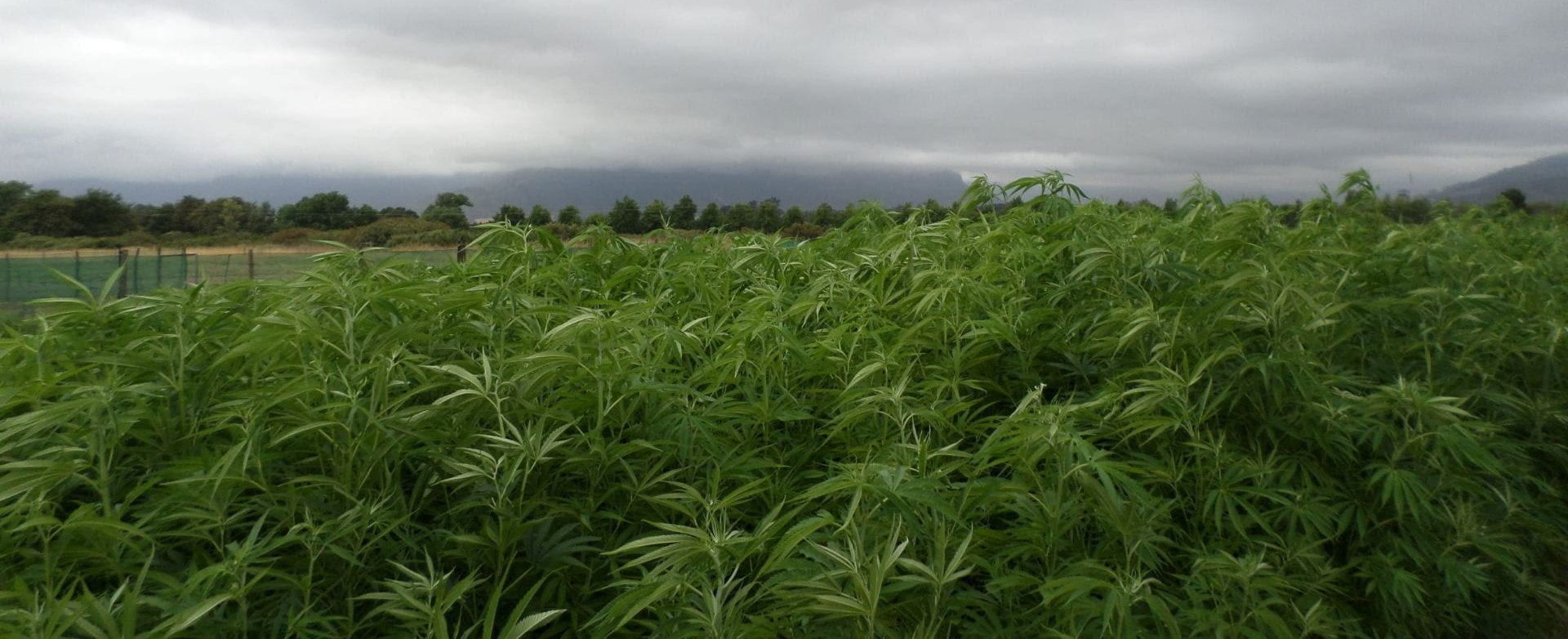Cannabis is ubiquitous in sub-Saharan Africa, with a long history interwoven with numerous groups’ cultural practices, and increasingly a valuable economic commodity. Despite this, little is known of these roles, the predominant source of knowledge about the substance and its various uses being drawn from police and state sources. As a result, there is a lack of understanding about how cannabis is used and perceived – beyond its status as an ‘illegal drug’ – and what roles it plays in the lives of people in sub-Saharan Africa.
The proposed research project will develop a deeper, more nuanced understanding of cannabis in Africa, focusing not only on its ‘traditional’ uses, but on its contemporary growth as an economic cash crop and source of livelihoods, in a global context where drug policy is in flux. To do this, the project focuses attention on four interrelated areas, all of which draw on newly gathered empirical data in 3 chosen sites: South-Western Nigeria, Western Kenya; South Africa’s Eastern Cape.
1) An historical account serves as the foundation of the project, exploring the roles that cannabis has played in Africa’s history, both in terms of governance and in the daily livelihoods of many of the continent’s people. Drawing on fresh archival research and oral histories, the project aims to highlight the long history that cannabis has had and the lessons that can be drawn for current debates and perceptions of the substance. These debates and perceptions, it should be noted, are shifting in many countries in Africa today.
2) Understand the contemporary socioeconomic roles of cannabis, its uses, the practices associated with it, and indeed, the meaning it holds for farmers, traders and consumers. This area of the project will explicitly explore cannabis’ links to rural and urban livelihoods and so-called ‘development’ by drawing on evidence gathered through interviews and small scale surveys, which will be collected in 3 case study sites across the continent. The study will, for instance, gather the unheard voices of cannabis farmers who live in the remote Transkei area of South Africa or Nigeria’s Cocoa Belt.
3) The cultures of consumption that exist around the substance. While the existing literature has hinted at these, they remain largely unexplored despite varying greatly between, for instance, the urban and rural contexts of the continent. This part not only draws on the data of the above two, but also explores a wider corpus of cultural practices, discourses and products, such as music and fiction, in order to shed light on the meanings that cannabis has taken on, aside from being an ‘illegal drug’ over time.
4) The role of drug policy. Focusing on the impact that regulatory environments have on the production, distribution and use of cannabis. It will reveal how regulation and prohibition has impacted on the lives of people and their ability to enact their economic and cultural practices. Providing a deeper understanding of the relationship between cannabis and policy towards it, probing the history of cannabis policy, with the aim of understanding and developing more effective and more just governance strategies today.
With its focus on cannabis and its illicit economies and cultures of consumption, the project will illuminate a substance of critical importance for the continent, filling a vast lacuna in our knowledge of drugs in Africa, and will tackle a key case-study of drugs and development, one made all the more important given the liberalisation of cannabis policies.
